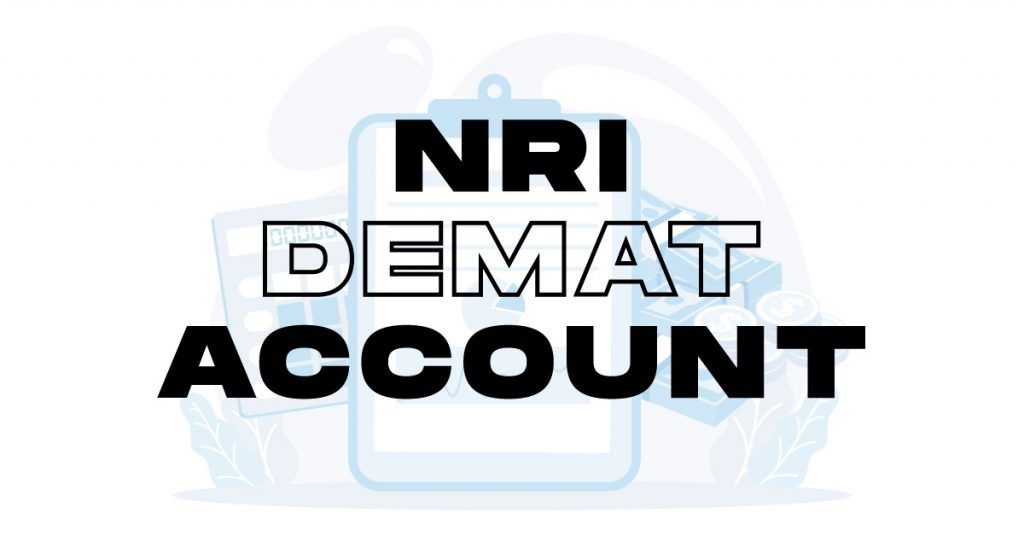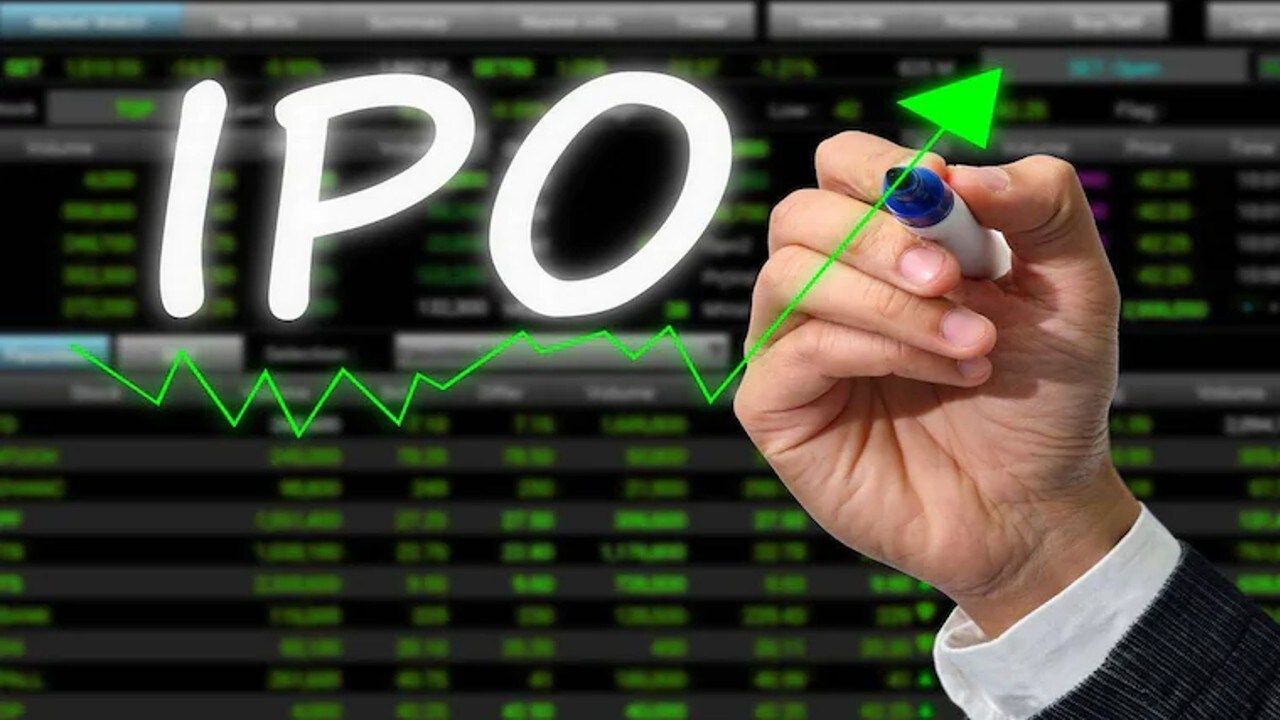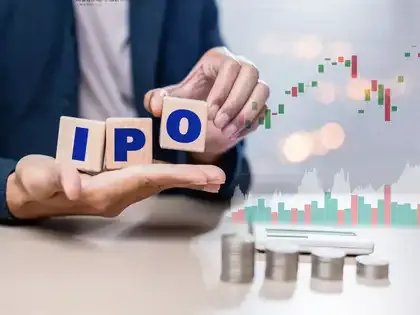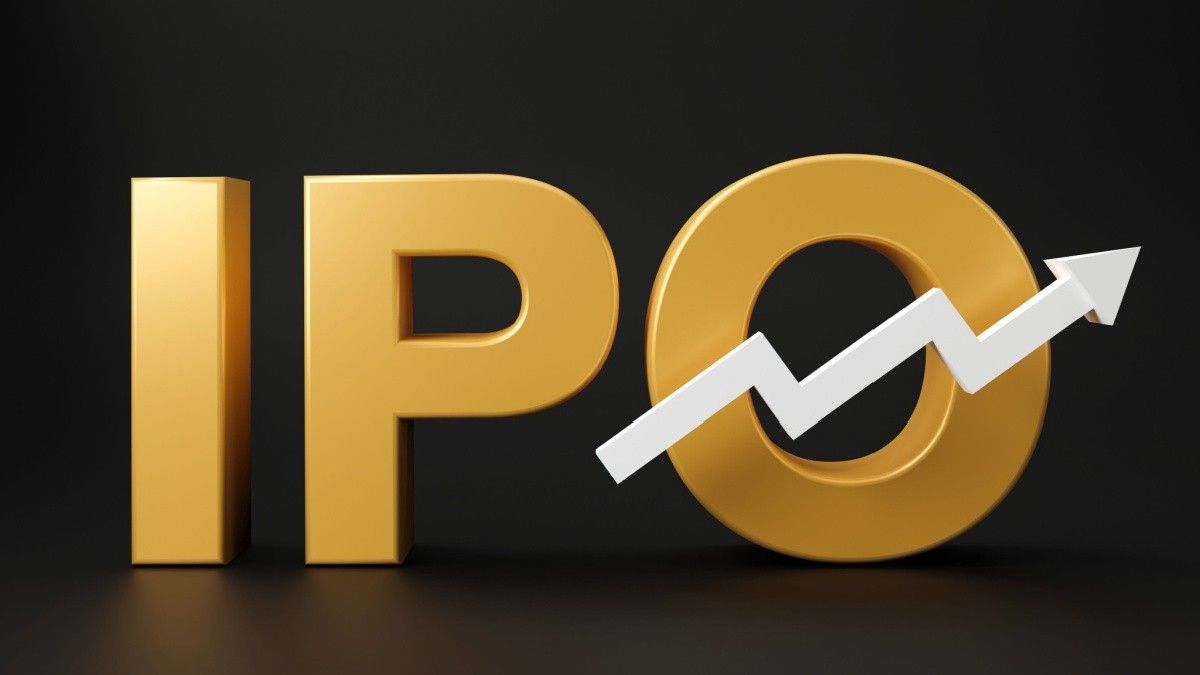Top 6 Things to Consider Before Applying for an IPO
Written by Dev Sethia
Published on November 25, 2025 | 4 min read
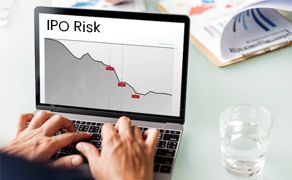
Risks Nobody Talks About Before Applying for an IPO
Pursuing an IPO may appear to be one of the fastest ways to get to profitability, but there are often many hidden risks that retail investors may ignore.
There is much more to an investment than just glossy prospectuses and market hype, including several seldom-discussed risk factors such as over-inflated valuations, promoter exits, poor corporate governance, and areas of post-IPO volatility that may impact returns.
Here Are The Top 6 Factors You Should Keep in Mind Before Applying for the IPO
Reason for a Public Issue
The investor wants to know what the company wants to do with the money it hopes to raise in the initial public offering (IPO). The question is whether the corporation intends to fully pay off its debt, raise capital to pay off some of it, scale initiatives or use the capital for something entirely different.
The cause of the issue provides insight into the financial intentions of the company, which can be comforting to investors. Therefore, understanding the cause of the problem gives you information about the financial plans of the company.
The valuation of the IPO
The price at which shares are first available to investors determines the price of a public offering (IPO). This is one of the most important attributes you must consider before you sign up. In other words, you want to avoid investing in a company's IPO if the company appears overvalued.
Promoter and Management Background
The promoters and management play a considerable role in how a company operates. Hence, as an investor, the investor should evaluate both. Management is important to move the company forward.
Company's Market Potential
An IPO enables a company to tap into significant amounts of funding, which improves the operational efficiency of the company and leads to more clients. As the company becomes more recognisable, often at the time of the IPO, several investors in this company may begin looking into it and get more comfortable with investing in pre IPO.
Company's Outlook
The company's strengths and weaknesses will be available from the Draft Red-Herring Prospectus (the DRHP paper). After reviewing the document, you will have a sense of the company's standing in its industry.
The next steps will be to examine the company's prospects and gather as much information as possible about the business enterprise and the proposed business strategies.
Credit Ratings
The IPO's rating is the rating given to an IPO by a credit rating agency or firm that is registered with the SEBI. Also, you want to consider the grading of the IPO. Generally, an IPO with a higher grade has a higher probability of a successful IPO.
Investing in an IPO can be a great experience if you do it right. Before you make any decisions for investments, you should thoroughly do your research and look into the company, industry, financials, valuation, underwriters, and market conditions.
FAQs
What hidden risks do investors often miss in IPOs?
Investors often overlook inflated valuation governance issues, promoter selling their shares, and volatility after the listing, but each concern can impact returns significantly over time.
How to check the IPO Credibility?
Very important, the purpose of the issue (to pay debt, expand the business, or facilitate the promoters selling their shares) conveys information about the company's financial plans and as well as future potential stability.
How can I tell if an IPO is overvalued?
Comparing the market valuation to both available listed peers, reviewing the company's financial ratios, and reading the DRHP all help in determining whether the share price is justified or inflated.
Why check promoter and management backgrounds?
Promoters' credibility and management experience are directly related to business performance. A weak record or changing promoters can be a red flag for investors.
Why are credit ratings important?
A rating is an indicator of financial strength, and market potential indicates that a company can grow in the long run. Both indicate the overall viability of a deal and their associated risk.
About Author
Dev Sethia
Sub-Editor
a journalism post-graduate from ACJ-Bloomberg with over three years of experience covering financial and business stories. At Upstox, he writes on capital markets and personal finance, with a keen focus on the stock market, companies, and multimedia reporting. When he’s not writing, you’ll find him on the cricket pitch
Read more from DevUpstox is a leading Indian financial services company that offers online trading and investment services in stocks, commodities, currencies, mutual funds, and more. Founded in 2009 and headquartered in Mumbai, Upstox is backed by prominent investors including Ratan Tata, Tiger Global, and Kalaari Capital. It operates under RKSV Securities and is registered with SEBI, NSE, BSE, and other regulatory bodies, ensuring secure and compliant trading experiences.


















